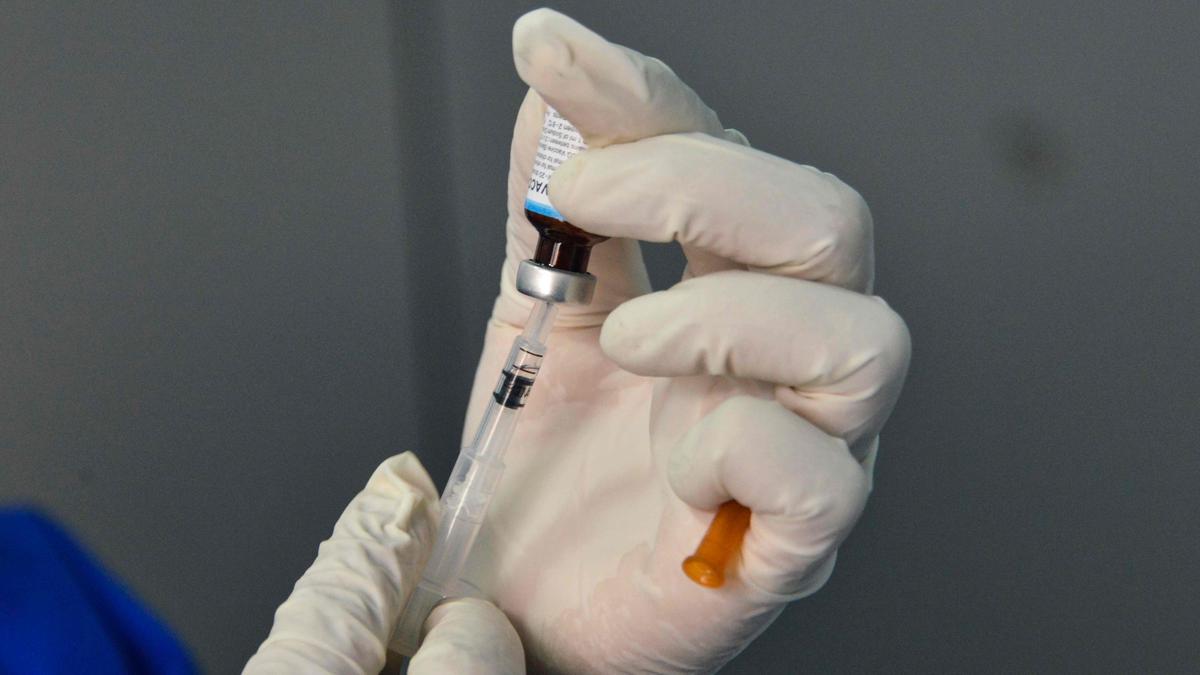By Dinesh Varma
Copyright thehindu

Administering a Bacillus Calmette–Guérin (BCG) shot along with oral polio vaccine (OPV) within the first 48 hours of life could save newborn lives, particularly improving the survival rates of low-birth-weight babies weighing less than 2 kilogrammes, a JIPMER study has found.
The results of the study, which were published in the September issue of the British Medical Journal, showed that when BCG and OPV were given immediately after birth rather than delayed, neonatal mortality was reduced by 17% overall and nearly halved in cases of death due to infection. Importantly, one in every 21 babies vaccinated early survived, who otherwise might have developed a fatal condition from an infection.
Traditionally, the hospital experience has been that though the BCG is supposed to be given at birth to protect against severe forms of tuberculosis, many small or sick newborns receive it late—only at the time of hospital discharge.
“Conventionally, doctors treating a sick newborn tend to delay the intradermal vaccine, solely focusing instead on stabilising the baby. What we advocate is a two-pronged strategy—simultaneously giving antibiotics to treat sepsis and administering the BCG vaccine that will give additional protection against any infectious bug”, said Bethou Adhisivam, who led the study by a team at the Department of Neonatology, JIPMER, Puducherry.
The study was held in collaboration with senior neonatologists and researchers from the Institute of Child Health and Hospital for Children, Chennai, Institute of Obstetrics and Gynaecology, Chennai, Aarupadai Veedu Medical College (Puducherry), Saveetha Medical College, Chennai, and international collaborators from Australia and New Zealand.
Researchers point out that the leading causes of newborn deaths have been identified as pre-term birth (before 37 weeks of pregnancy), sepsis (serious infections), and birth asphyxia (difficulty breathing at birth). Because the immune system of newborns—especially those who are premature or underweight—is not fully developed, they are more vulnerable to these potentially fatal infections. The rising problem of antimicrobial resistance further complicates treatment and prevention, they said.
Against this backdrop, the JIPMER trial, among the largest of its kind involving 5,420 babies, provided robust scientific evidence that BCG administration (Danish strain) to newborn has benefits beyond tuberculosis; it boosts the newborn’s immune system to fight off other life-threatening infections during the most vulnerable early weeks of life.
The results showed that early administration of BCG-OPV within 48 hours of birth, reduced deaths in fragile, low-birth-weight babies with the shield of protection strongest against infection-related deaths. The research reinforces the importance of adhering to timely vaccination schedules.
According to researchers, these findings hold significance in a country like India that continues to witness a fairly high neonatal mortality rate, with 24.9 deaths per 1,000 live births—a figure much higher than that of developed countries.
“Opening a vial of BCG even for a single infant, and not waiting for multiple babies to administer, could help save thousands of lives in high-mortality settings like India,” said Dr. Adhisivam.
The researchers also believe these findings could have a significant impact on national and global health policy, universal vaccine-driven immunisation mandates and WHO recommendations, even as they re-emphasise the need for timely administration of BCG in all newborns, even those who are very small or sick.
In fact, in their editorial commentary on universal BCG vaccination that cites the JIPMER study, in the BMJ issue, Frederik Schaltz-Buchholzer, assistant professor in vaccinology, University of Southern Denmark and Morten Bjerregaard-Andersen, clinical associate professor, University Hospital of Southern Denmark, highlight how healthcare providers, especially in low-income settings, are commonly compelled to operate restrictive vial opening practices to limit wastage of the multidose vials (where a multidose vial is opened only when a minimum number of eligible recipients are present), contributing to vaccination delays.
Sometimes, a BCG vial is often only opened once per week in smaller health centres. These factors contribute to the low BCG coverage among newborn babies who would benefit the most from the vaccine.
The authors noted that it was worrying that the current WHO performance indicator for BCG vaccine is coverage by 12 months of age, providing little emphasis on timely vaccination or quality of vaccination. They recommended several policy changes across low income countries, including discontinuation of restrictive vial opening practices; provision of BCG vaccine at birth in all maternity wards; an immediate update to WHO’s guidelines to expand BCG vaccination at birth to frail newborn babies of low and very low weight (including preterm newborn babies and/or those in hospital).



